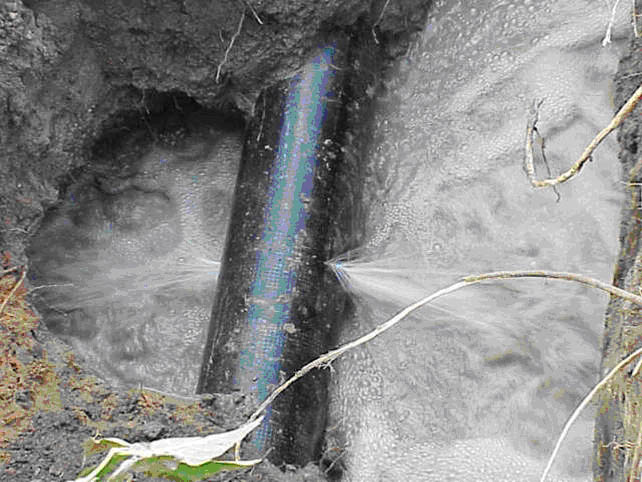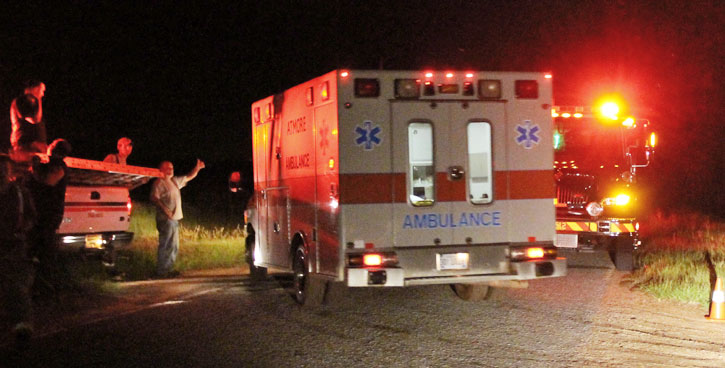
MIAMI, March 28 — A commercial property insurance policy’s water exclusion barred recovery for water related damage and repair costs arising from a backed up pipe, a Florida judge has ruled.
In Ken Cameron and Michelle Cameron v. Scottsdale Insurance Co., No. 16-21704, S.D. Fla., 2017 U.S. Dist. LEXIS 45474, U.S. District Judge Marcia Cooke granted Scottsdale’s motion for summary judgment in a coverage suit filed by the Camerons. Scottsdale had previously denied coverage on a claim the Camerons made under a commercial property policy insuring their apartment complex after a pipe collapsed in the internal plumbing system and caused water and property damage.
Ken and Michelle Cameron originally filed suit in the 11th Judicial Circuit Court for Miami-Dade County, Fla., against Scottsdale Insurance Co., seeking a declaration that coverage was owed for water damage which occurred on one of their apartment properties. Scottsdale removed the action to federal court, and after losing an initial motion to dismiss, prevailed on a motion for summary judgment.
According to the suit, a plumber found an “acute pipe failure” when the pipe collapsed. Scottsdale denied coverage pursuant to an exclusion for water – related losses. Scottsdale argued that the policy in question did not cover damage from water originating from a drain. The exclusion applied to “water that backs up or overflows or is otherwise discharged from a sewer, drain, sump, sump pump or related equipment.”
The Camerons opposed the summary judgment motion claiming that the exclusion applied only to water backups or overflows deriving outside their property’s premises.
Judge Cooke held that the policy contained no definition of “drain” but that the term ordinarily refers to a “conduit for draining liquid, as a ditch or a pipe.” She further held:
“Though the parties dispute whether the collapsed pipe was a ‘sewer’ and refer to the pipe by different names—a ‘sewer line’ for Respondent, a ‘sanitary line’ for Petitioners—it was, at the very least, a ‘drain.’ Parties do not seriously dispute this point or that there was a back up and overflow from the pipe. More importantly, the [water exclusion] does not differentiate between drains found inside or outside the Petitioners’ property line or their plumbing system. By its very terms, then, the [water exclusion] bars payment for the water damage and other repairs stemming from the Petitioners’ collapsed and backed up pipe… Because I find the [water exclusion] bars recovery for Petitioners in this case, it is unnecessary to analyze the other Policy provisions parties raise. The lack of coverage for underground pipe damage is inconsequential, since it does not cover any purported water damage Petitioners allege. The water damage exception does not impinge on the [water exclusion], as discussed above. And I need not analyze the deterioration exclusion since the [water exclusion] undergirds my decision.”



